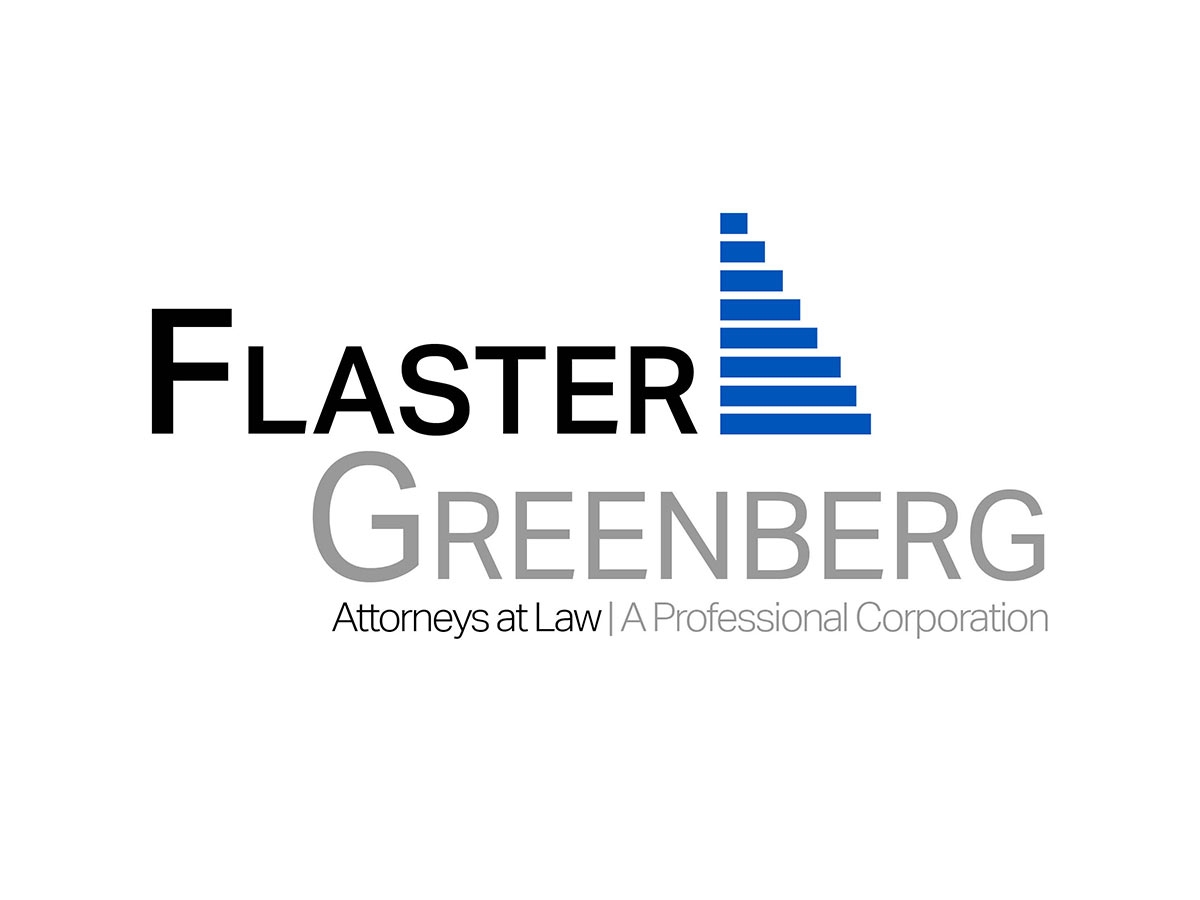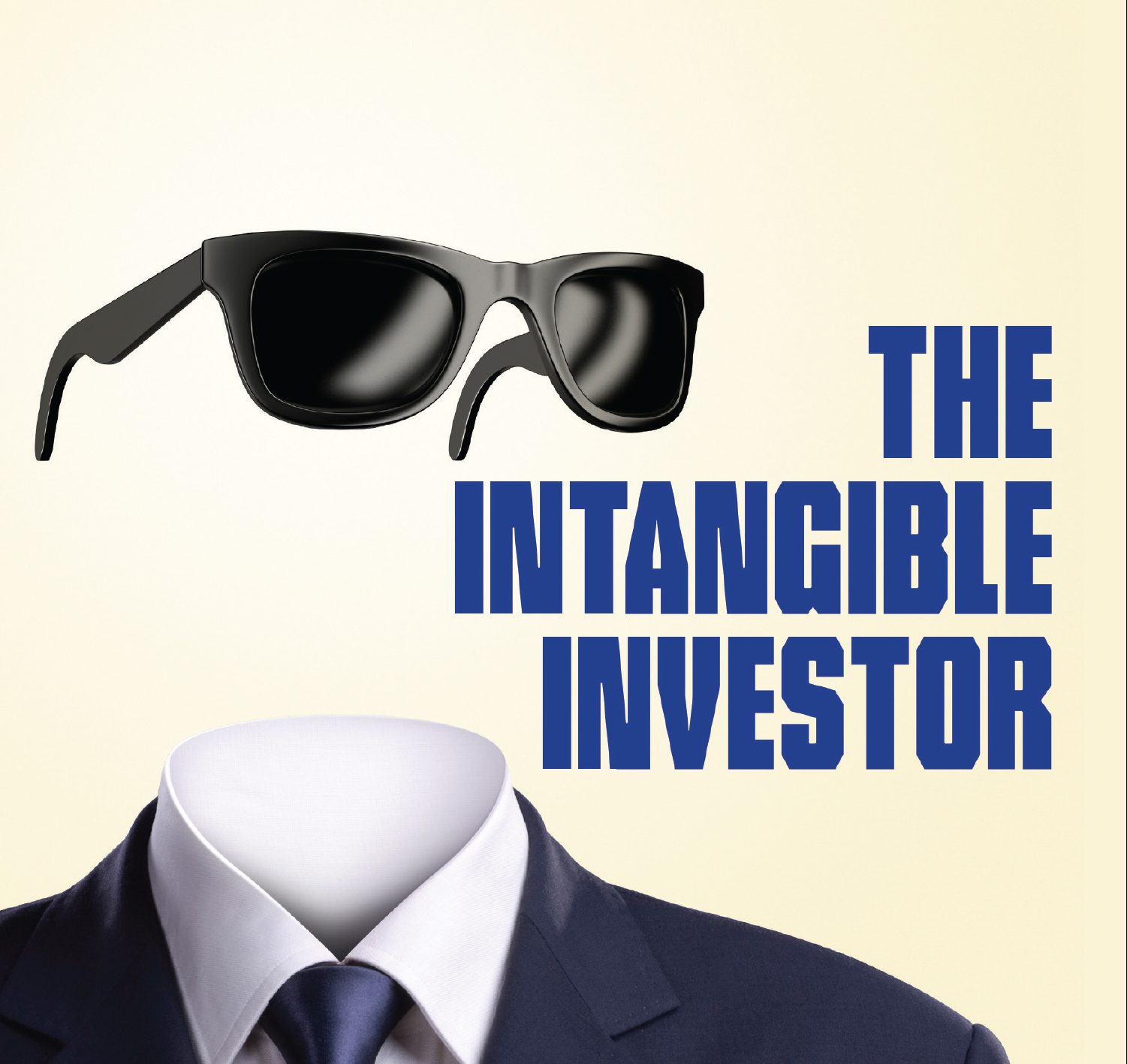Court Denies Request for Attorneys’ Fees Against Counterclaimant with Ill-Defined Trade Secret | Holland & Knight LLP
In a late-March 2023 decision out of the U.S. District Court for the Southern District of California, a court denied a plaintiff’s request for attorneys’ fees against a defendant who filed “objectively specious” counterclaims for trade secret misappropriation, finding that the defendant did not bring the counterclaims in bad faith. The decision serves as a reminder that a party bringing objectively baseless claims for trade secret appropriation still may evade requests for attorneys’ fees where a court finds that the party litigated such claims in good faith.
Case Summary and Procedural History
The dispute in Workplace Techns. Research, Inc. v. Project Mgmt. Inst., Inc., Case No. 18-cv-1927-JO (MSB), 2023 WL 3152157 (S.D. Cal. Mar. 28, 2023) stemmed from an unsuccessful endeavor between plaintiff/counter-defendant Workplace Technologies Research Inc. (WTRI) and defendant/counter-claimant Project Management Institute Inc. (PMI). Beginning in early 2014, the parties began working together to co-develop a virtual world software program that would provide project management training. To that end, the parties executed development and services agreements and spent three years attempting to develop the software. Despite significant investment from both parties, the project never materialized, and the software was never completed or sold.
WTRI claimed that PMI missed milestone payments, cost WTRI grant revenue and that WTRI ultimately lost customers due to the breakdown of the parties’ relationship. WTRI filed a complaint against PMI, alleging breach of contract, breach of the implied covenant of good faith and fair dealing, fraudulent misrepresentation and tortious interference with WTRI’s business partners. PMI counterclaimed, alleging breach of the same agreements and implied covenant of good faith and fair dealing, along with misappropriation of PMI’s trade secrets under the Federal Defend Trade Secrets Act (DTSA) and the California Uniform Trade Secrets Act (CUTSA). PMI claims it disclosed trade secrets to WTRI over the course of the parties’ relationship that PMI described as an “agile process for creating content in a spreadsheet database that could be dumped into a template flow.” 2023 WL 3152157, at *9 (internal quotations omitted).
Following largely unsuccessful motions for summary judgment, the case went to trial in June 2022. The jury found in WTRI’s favor and awarded WTRI $3.2 million in damages. The jury also found against PMI on its trade secret misappropriation claims, having determined that PMI “had not met its burden of establishing it owned a trade secret.” 2023 WL 3152157, at *3. WTRI filed a post-trial motion for attorneys’ fees and costs incurred in defending against PMI’s trade secret misappropriation claims.
Key to Fees: The Claim Must Be Objectively Specious and Made in Bad Faith
Under both the DTSA and CUTSA, courts have discretion to award fees to a prevailing party defending against a claim of misappropriation that is made in bad faith. See 18 U.S.C. § 1836(b)(3)(D); Cal. Civ. Code § 3426.4. While neither statute defines “bad faith,” courts have addressed such claims by considering whether the claim was “objectively specious,” as opposed to just frivolous, and whether the claimant brought, litigated or maintained the misappropriation claim in subjective bad faith. See 2023 WL 3152157, at *8.
Objectively Specious Claims
The court in Workplace Techns. explained that “[o]bjective speciousness exists where the action superficially appears to have merit but there is a complete lack of evidence to support the claim,” and that it can be enough for a fee-seeking party to establish the absence of evidence of misappropriation in the record to support the misappropriation claim. See 2023 WL 3152157, at *9. In this case, PMI failed to define the bounds of its alleged trade secret and, as such, the jury could not (and did not) find that PMI owned a trade secret, or that WTRI misappropriated it.
PMI’s articulation of its trade secret at trial was vague and inextricable from common knowledge. Instead, its witnesses offered circular, ambiguous and overinclusive testimony about developing new processes, “flows” and “decision trees” without identifying any particular content or methods included in PMI’s alleged trade secret. Accordingly, the court found that PMI’s claims were objectively specious, or “at a minimum, a poor use of litigation and judicial resources at trial.” 2023 WL 3152157, at *10. This case serves as another example of the importance of understanding and adequately defining the bounds of a trade secret when bringing claims of misappropriation (or in the alternative, holding a claimant’s feet to the fire to ensure an adequate description of an allegedly stolen trade secret).
Claims Brought and Litigated with Subjective Bad Faith
Despite finding PMI’s claims objectively specious, the court in Workplace Techns. ultimately denied WTRI’s request for fees because it determined that PMI brought and litigated its misappropriation claims in good faith. Subjective bad faith under CUTSA “means the action was commenced or continued for an improper purpose, such as harassment, delay, or to thwart competition.” 2023 WL 3152157, at *10 (citation omitted). The court further noted that the focus is often on the claimant’s purpose in bringing the claim, rather than the claimant’s subjective state of mind, and that such claims are often addressed through analysis of circumstantial evidence. See id.
Here, the court sided with PMI for two reasons. First, it determined that PMI may have been motivated by an incorrect, yet genuine belief in the value of the process it “discovered” and claimed as a trade secret, based on PMI’s witnesses’ testimony at deposition and trial.
Second, the court rejected WTRI’s argument that PMI pursued its misappropriation claims solely to increase WTRI’s litigation expense, noting that PMI itself expended significant expense litigating the claims. More specifically, PMI retained a trade secret expert who served a report and sat for deposition, briefed cross-summary judgment motions concerning the claims, defended against WTRI’s Daubert motion concerning PTI’s expert and otherwise litigated its misappropriation claims through trial. As such, even in cases where a claim is found to be objectively baseless, a claimant’s genuine subjective belief in the claim’s merits (and actions/investments in litigating that claim) may defeat a request for attorneys’ fees depending on the facts and circumstances of the litigation.
Practice Pointers
For those bringing (or considering) trade secret misappropriation claims, adequately defining the metes and bounds of the trade secret(s) at issue is of the utmost importance, as is preparing your witnesses to testify accurately as to the scope of the trade secret(s) at deposition and trial. Failure to do so can lead not only to an unsuccessful result, but potential fee awards as well. Defendants, meanwhile, should make sure the trade secret(s) at issue is/are pled and described with sufficient particularity and document attempts to force the claimant to provide a more particularized account of the trade secret(s). Finally, litigants should be aware that good faith efforts to litigate trade secret claims (including monetary investment in those claims) may be sufficient evidence to defeat a finding of subjective bad faith and, ultimately, overcome an otherwise successful party’s request for attorneys’ fees.






